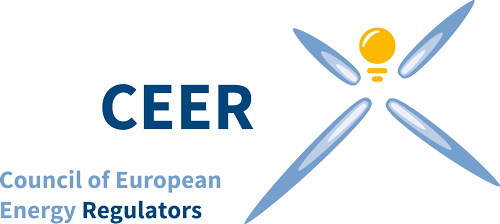Overview of framework guidelines for electricity
Article 6 of Regulation (EC) No 714/2009 on conditions for access to the network for cross-border exchanges in electricity and repealing Regulation (EC) No 1228/2003 sets out the provisions for the establishment of network codes. The full process is explained, including the role of the Agency for the Cooperation of Energy Regulators (ACER). The European Commission shall request ACER to submit to it within a reasonable period of time not exceeding six months a non-binding framework guideline (framework guideline) setting out clear and objective principles for the development of network codes relating to the areas identified in Article 8, paragraph 6 of the Regulation. The Agency shall formally consult the ENTSO for Electricity and the other relevant stakeholders in regard to the framework guideline. Following the preparation of the code by the ENTSO, the Agency provides a reason opinion to the ENTSO on the code, which may then require amending by the ENTSO. Once the Agency is satisfied that the network code is in line with the relevant framework guideline, the Agency shall submit the network code to the Commission and may recommend that it be adopted within a reasonable time period.
The network codes referred to Article 6 shall cover the following areas, taking into account, if appropriate, regional specificities:
(a) network security and reliability rules including rules for technical transmission reserve capacity for operational network security;
(b) network connection rules;
(c) third-party access rules;
(d) data exchange and settlement rules;
(e) interoperability rules;
(f) operational procedures in an emergency;
(g) capacity-allocation and congestion-management rules;
(h) rules for trading related to technical and operational provision of network access services and system balancing;
(i) transparency rules;
(j) balancing rules including network-related reserve power rules;
(k)rules regarding harmonised transmission tariff structures including locational signals and inter-transmission system operator compensation rules; and
(l) energy efficiency regarding electricity networks.
In view of these provisions, European energy regulators have begun to prepare the work of the Agency, which will not be fully operational until March 2011. During 2010, the regulators will work conduct a pilot exercise for a framework guideline on grid connection. In parallel, they will also begin work on input to framework guidelines in three priority areas (capacity allocation and congestion management, operational security and transparency in electricity), as outlined in the 2010 Energy Regulators Work Programme.
